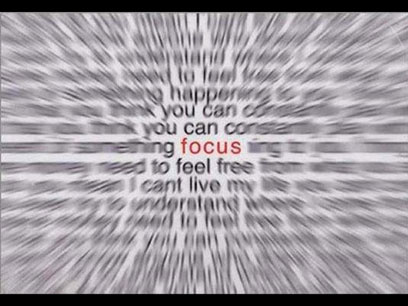Online Sources
· Most obvious, Google "fastest growing
companies."
Your
search results will include lists of the national and regional
up-and-comers as well as those growing quickly in a specific field, for
example, high-tech or advertising.
· There are 40 local editions of Business Times
(www.bizjournals.com), each containing information on companies in growth mode,
often including the names of contacts associated with that growth.
· ReferenceUSA.com: This database contains 24
million businesses in the United
States, including a special section with 4
million new ones, where job openings are more likely and less competitive than
in established companies.
· StartUpHire.com lists 37,000 jobs at
startups. Sure, answer ads that are on-target but again, even if none are,
companies that placed multiple ads might be in hiring mode and thus worth your
trying to make a connection there.
· LinkedIn and Quora.com have discussion groups
in a wide range of fields. Interesting, growing companies are often mentioned.
· Your local newspaper. Yes, the business
section, but the rest of the paper – even the advertisements – can lead to you
to growing businesses. The online version may be more robust.
· Employers you've never heard of that have
multiple job listings are likely to be
in
hiring mode. To find them, search the big job-ad sites: Indeed.com,
SimplyHired.com and LinkUp.com using keywords and zip code to narrow your list.
Also, search job sites specializing in your field. A wonderful portal to those
is the Riley Guide (www.rileyguide.com/jobs.html).
· CrunchBase.com lists newly funded high-tech
companies, those that have the most money and those, from its 160,000-company
master list, that are trending upward on Chartbeat, which, in real time, ranks
pages by the number of visitors.
· VentureLoop.com claims to be "the
worldwide leader in job postings focused on venture-backed companies. Many job
postings on VentureLoop cannot be found on any other job board."
· Search your favorite shopping sites, such as
Amazon, Etsy or eBay for a category of product you care about (for example,
garden seeds). Does any company stand out for you?
· Scan your college's and even high school's
alumni directory.
Human Sources
· Talk with officers at local organizations:
Rotary Club, Kiwanis International, Lions Club, Chamber of Commerce, etc. Ask
which local businesses are growing.
· Drive around in areas near where you live:
Look at the lobby directories in office buildings, walk into any businesses
that intrigue and tell the receptionist
your
story. If you're open to working in a storefront or retailer, walk in to
appealing businesses.
· Ask your friends: Your real-life ones, and
look at where your LinkedIn and Facebook "friends" are working or
have worked.
To Get the Names of People There With the Power to Hire You
· Search
LinkedIn's
company directory. You may well find someone in your network who works at that
company.
· Google a target employer along with words
that might elicit the name of the person with the power to hire you, for
example, "Vendome Widget," "vice president, marketing." If
that doesn't generate contact info, Google as much of the following information
on a potential lead as possible: name, title, organization, area code and the
word "email."
· Phone the company's main number and use its
automated directory to find a likely candidate (For accounting, press 202, for
marketing, 203, etc.). If he or she is the wrong person, ask if he or she has a
company directory handy and say you're looking for, for example, the marketing
manager for the Mid-Atlantic region.
· Phone the organization's main number. Usually
to get to the operator, you press zero. Say, "I'm sending a note to (insert
name). What's the best way to send it to him or her?
· Large organizations have a mail room. Call
it. The person answering probably doesn't have gatekeeper responsibility so he
or she will most likely give you the names and contact information of people
with the power to hire you.













